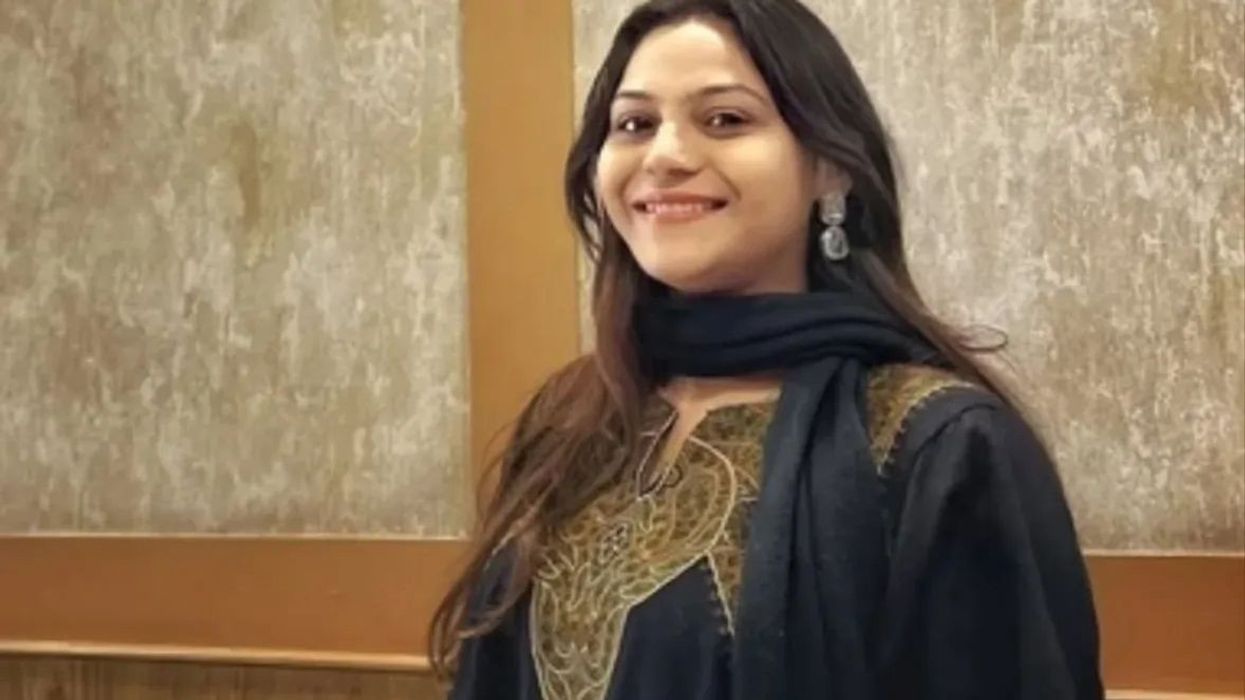Jyoti Malhotra, a 33-year-old travel vlogger from Haryana, India, has been arrested on charges of espionage for allegedly sharing sensitive information with Pakistani intelligence operatives. The arrest, made by Haryana Police, is part of a broader investigation into suspected espionage activities linked to Pakistan.
Background and arrest
Malhotra, known for her YouTube channel Travel with JO, which boasts over 385,000 subscribers, had documented her travels across various countries, including Pakistan, China, and several others. Authorities allege that she maintained regular contact with Pakistani intelligence operatives and shared sensitive information via platforms such as WhatsApp, Telegram, and Snapchat.
Her arrest follows the expulsion of a Pakistani High Commission official from India earlier this month, with whom Malhotra was allegedly in contact. The official was expelled for activities “not in keeping with his official status in India.”
Alleged activities and investigations
Investigators suggest that Malhotra visited Pakistan multiple times, including a trip in March 2025, shortly before a terrorist attack in Pahalgam, Jammu and Kashmir, which resulted in the deaths of 26 civilians. Authorities are probing potential links between her visits and the attack.
Further scrutiny has been directed at her associations with other individuals, including a Puri-based YouTuber, Priyanka Senapati, known for her religious and temple tour vlogs. Senapati had accompanied Malhotra to the Jagannath Temple in September 2024 and later travelled to Kartarpur, Pakistan. While Senapati has denied any knowledge of Malhotra’s alleged espionage activities, authorities are investigating their connection.
- YouTubeYouTube/ News18
Broader implications
Malhotra’s arrest is part of a wider crackdown on suspected espionage networks operating within India. Authorities have detained several individuals across states such as Haryana, Punjab, Uttar Pradesh, and Gujarat for alleged spying activities linked to Pakistan. These arrests come amid heightened tensions between India and Pakistan, following military operations and a subsequent ceasefire agreement in early May 2025.
The case has also raised concerns about the potential exploitation of digital platforms and social media influencers for espionage purposes. Malhotra’s substantial online following and international travels have prompted authorities to assess the role of digital content creators in matters of national security.
Legal proceedings
Malhotra has been charged under relevant sections of the Official Secrets Act and the Bharatiya Nyaya Sanhita. Her social media accounts, including Instagram, have been suspended following her arrest. The investigation remains ongoing, with authorities continuing to examine her communications and associations to determine the full extent of the alleged espionage.
The Indian government has reiterated its commitment to safeguarding national security and has urged vigilance in the digital era, particularly with the growing influence of online platforms and cross-border engagements.





